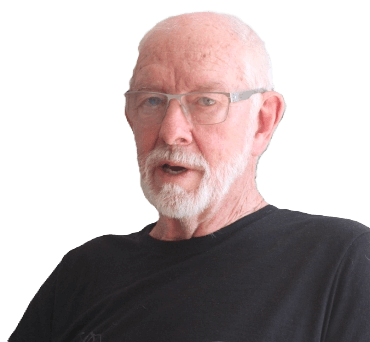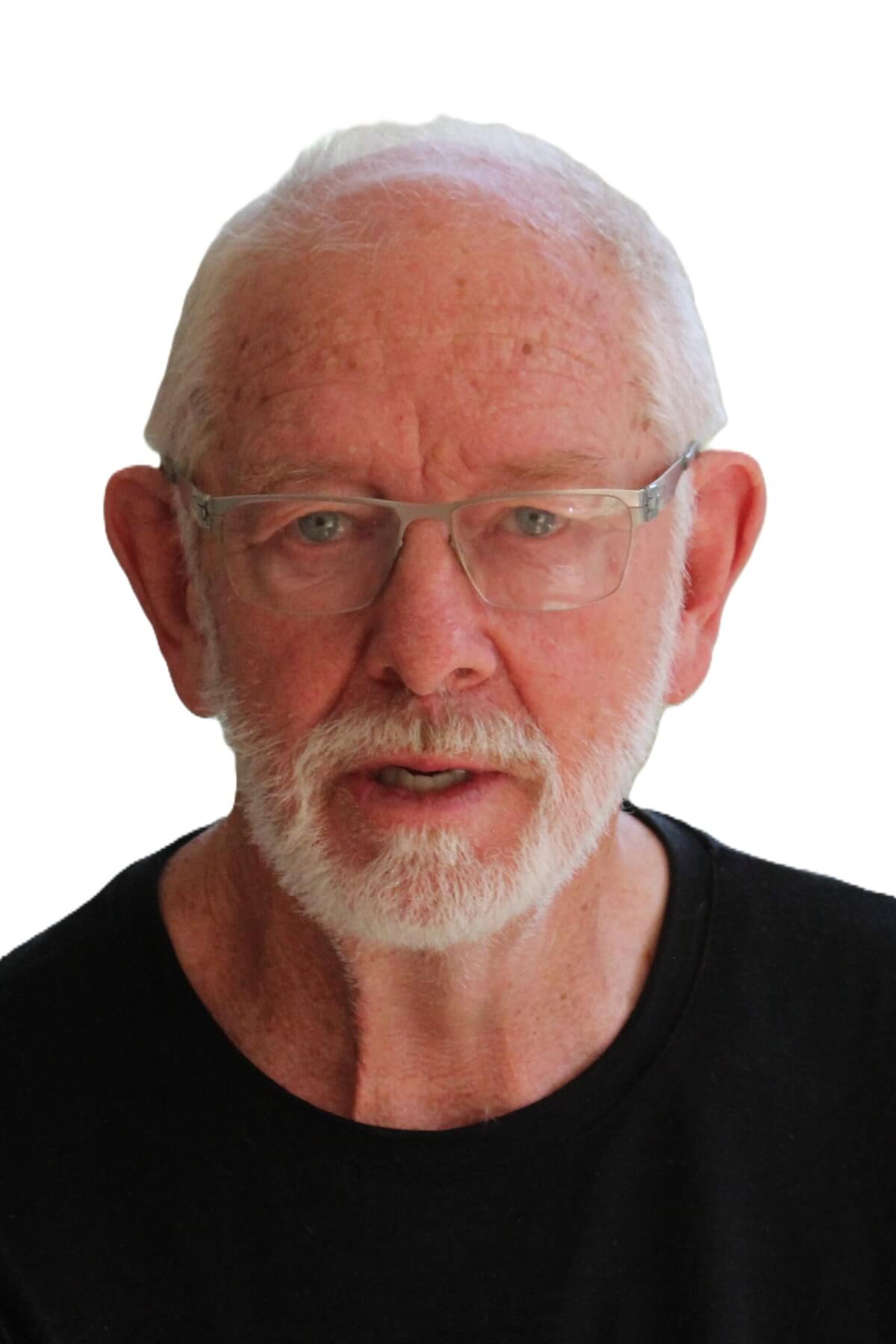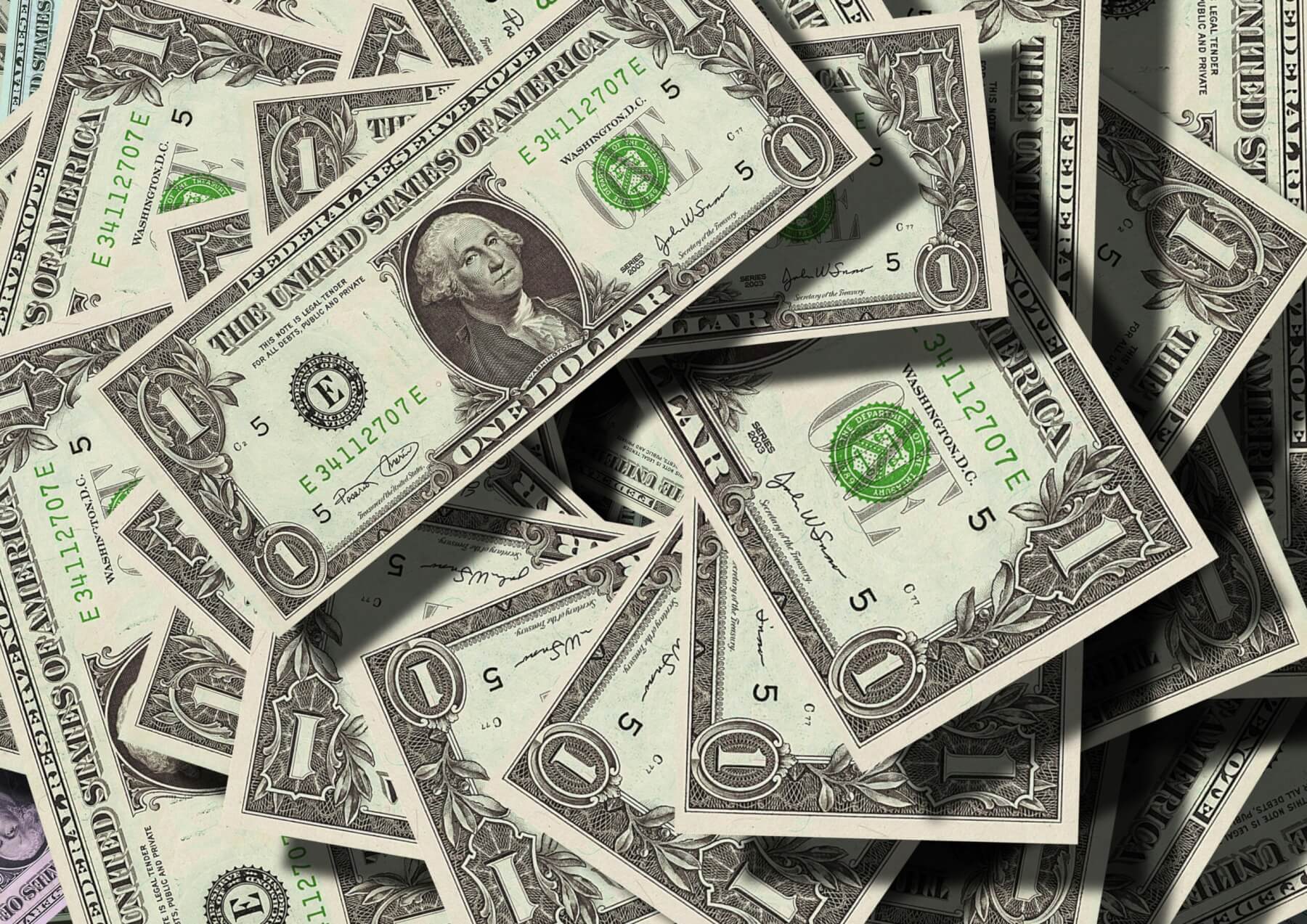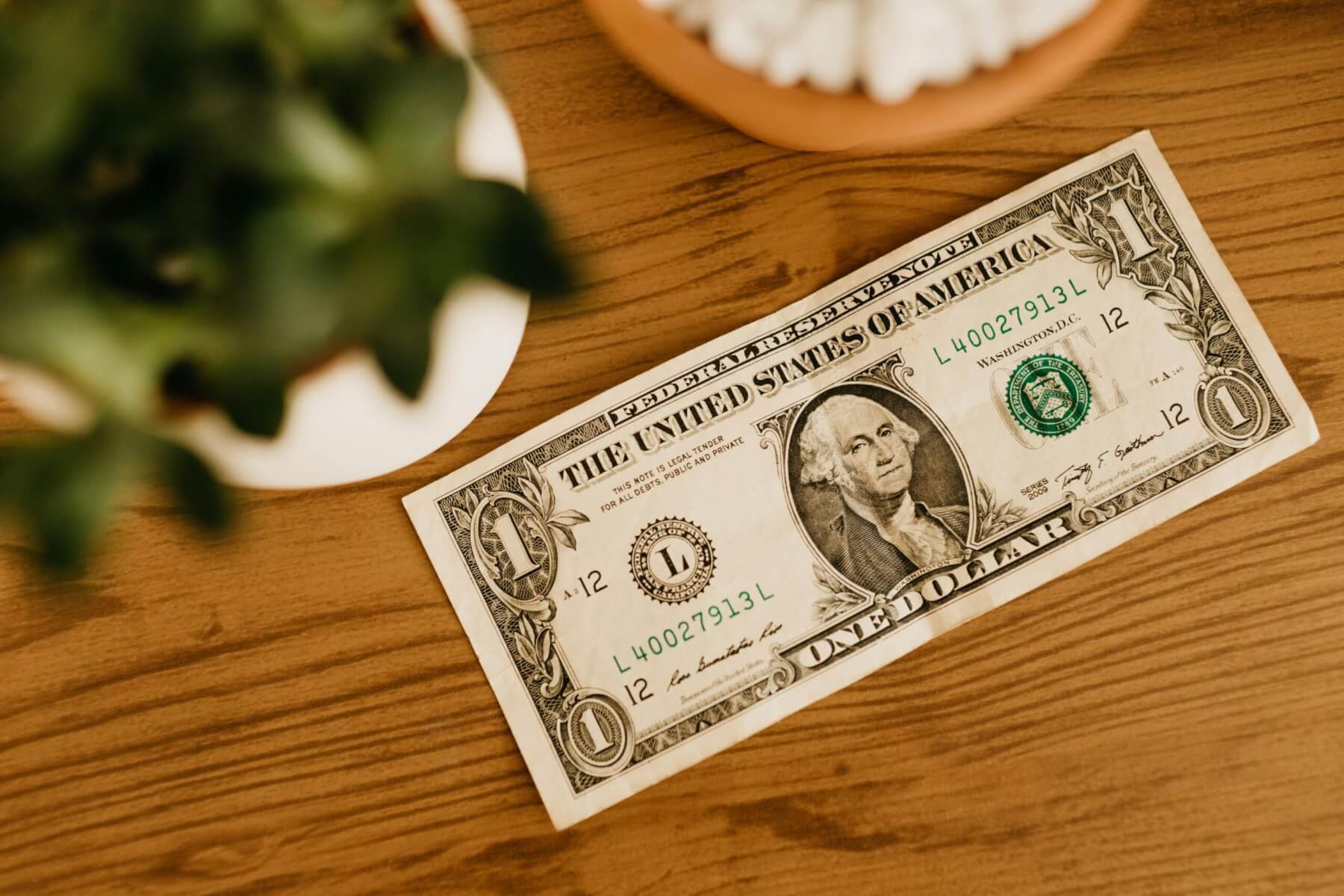
Peter Nicholl
The US dollar has been the world’s reserve currency since the end of World War II – a period of 80 years. That means it is the only type of international financial system politicians and businesspeople in the US and elsewhere have ever experienced.
The big advantages for the rest of the world of this system are, first, the US dollar has provided a relatively stable means of setting prices for most important goods that are traded globally. Second, investment in US Treasury Bills and Government Securities have been a secure and liquid way for other countries to hold international reserves.
The advantage for the US is that they have been able to borrow huge amounts of money from the rest of the world in their own currency, without exchange rate risk for them, at relatively low interest rates. This, in turn, has allowed them to run large current account deficits for many years without running up against the financial constraint that other countries would hit.
Donald Trump seems to think that in running these huge current account deficits the US has carried a huge burden. But what the US has been doing is spending and consuming way beyond their means and getting the rest of the world to finance their consumption. That doesn’t seem like a burden to me.
Some people have been becoming less confident in the stability and soundness of the US dollar for a while. The global financial crisis of 2007-2009 started in the US and revealed major weaknesses in the US financial system and its supervision. More recently, the rapid build-up of US debt levels through successive fiscal deficits also began to ring alarm bells. The level of US government debt in both absolute terms (US $36 trillion) and as a per centage of GDP (98 per cent) would have caused a financial crisis in any other country except the US much sooner. These negative trends have led to a lot of work being done over the last decade to try and develop alternatives to the US dollar in the international financial system.
The recent shambolic policy-making in Washington DC didn’t start this process of looking for alternatives to the US dollar but it will certainly accelerate it and probably make it irreversible. The only aim of current US policy that makes any sense is that they want to get rid of the role of being the world’s reserve currency as they think it is a burden that imposes big costs on them. But I don’t think that’s their aim as that would be perverse and doesn’t fit with making American great again. But this is going to be the outcome of their shambolic policy-making.
What’s happening strongly reinforces the adage that ‘trust is hard to gain, but easy to lose’. I don’t know what will replace the US dollar. It will probably be a mix of several things, including a continued but much more limited role for the US dollar, rather than one dominant currency as the US dollar has been for 80 years. We can only hope that the process goes relatively smoothly but nobody knows as it hasn’t happened for a long time.











